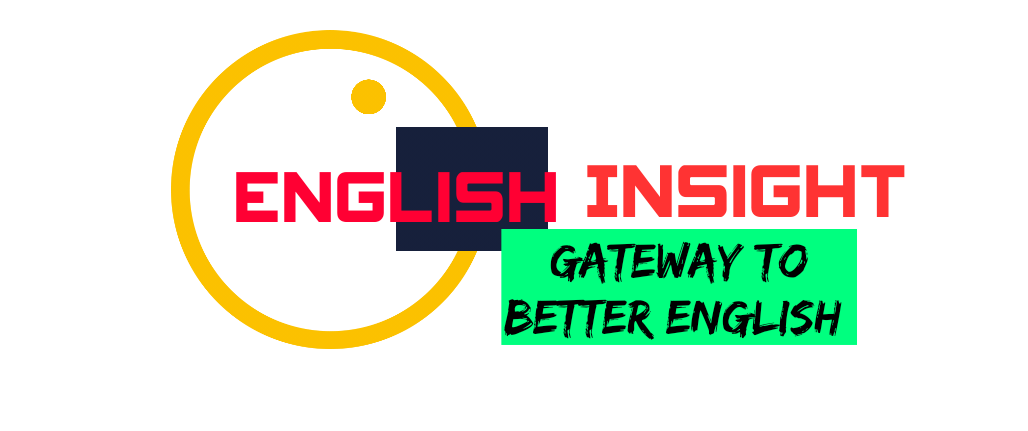How to Do Well in the IELTS Reading Test || Expert Tips
Mastering the IELTS Reading Test: Proven Strategies That Work
If you’re preparing for the IELTS exam, you already know that the Reading section can feel overwhelming. You’re racing against the clock, dealing with unfamiliar vocabulary, and trying to understand complex texts—often under pressure. But here’s the good news: with the right strategies and regular practice, you can do well. I’ve worked with hundreds of Bangladeshi students over the years, and today, I’m sharing the most effective ways to boost your IELTS Reading score.
📌 Understand the Format First
Before diving into techniques, know what you’re facing:
-
🧾 Three long reading passages
-
⏰ 60 minutes total
-
❓ 40 questions
-
🧠 Various question types, including:
-
Matching headings
-
True/False/Not Given
-
Multiple choice
-
Sentence completion
-
Summary completion
-
👉 There’s no extra time to transfer your answers—so time management is crucial.
🔍 Don’t Read Everything Word by Word
A big mistake I often see: students try to read the entire passage slowly, like a storybook.
In IELTS, time is limited, so use two essential skills:
-
Skimming – Read quickly to understand the main idea of each paragraph.
-
Scanning – Look for specific details like names, numbers, and keywords.
Tip: Train your eyes to recognize the structure of a paragraph—topic sentences, examples, and supporting points.
🧠 Expand Your Vocabulary Intelligently
Vocabulary is a game-changer in the IELTS Reading test. You don’t need to know every word, but you must understand the meaning from context—and recognize synonyms, because the test loves to trick you that way.
Example:
If the passage says “The government imposed a tax”, the question might use “introduced a financial penalty”.
Focus on:
-
Academic words (science, history, society)
-
Synonyms and paraphrases
-
Word families (e.g., improve, improvement, improving)
📘 Tools that help: Cambridge Word List, Quizlet, and reading editorials from The Daily Star or BBC.
⏱️ Train for Time Management
Finishing all three passages in 60 minutes is tough. So, plan your time smartly:
-
Passage 1: ~15 minutes
-
Passage 2: ~20 minutes
-
Passage 3: ~25 minutes (it’s the hardest)
Practice full tests under exam conditions. Use a stopwatch if needed.
✅ Answer Every Question – No Negative Marking
Here’s something many students don’t realize: IELTS doesn’t penalize wrong answers. So, even if you’re unsure, take a guess. You have a 25% chance in multiple choice questions—better than leaving it blank.
✍️ Read the Instructions Very Carefully
This might sound basic, but even strong students lose marks because they overlook instructions.
For example:
-
“NO MORE THAN TWO WORDS” means exactly that. Don’t write three.
-
“FROM THE TEXT ONLY” means you can’t use your own words.
Don’t let small mistakes cost you big points.
🎯 Master Tricky Question Types
One of the hardest parts of IELTS Reading is dealing with confusing question formats:
-
True/False/Not Given – Based on facts
-
Yes/No/Not Given – Based on opinions
These are not the same. Read carefully and always return to the passage to find evidence.
📚 Practice With Real IELTS Tests
No shortcuts here. The best preparation is to solve real IELTS questions from Cambridge books (1–17). Other good sources:
-
IELTS Liz
-
IELTS Mentor
-
British Council’s IELTS website
Don’t just solve. Analyze your mistakes. Why was the answer wrong? What trick did the test use?
🎓 Final Advice from an English Teacher
Here’s what I tell all my IELTS students in Bangladesh:
-
Don’t memorize answers—train your reading brain.
-
Read something in English every day—even for 15 minutes.
-
Work on your accuracy first, then your speed.
-
Practice in a quiet place, without distractions.
Remember, you don’t need to be perfect—you just need to be prepared.
🔍 Bonus: Common IELTS Reading Traps to Avoid
❌ Reading the whole passage in detail first
❌ Ignoring headings and subheadings
❌ Guessing based on general knowledge
❌ Panicking if you don’t understand a word
Stay calm. Keep practicing. Your score will rise.
IELTS Reading এ ভালো করতে হলে কৌশলে কাজ করতে হবে। পুরোটা পড়ার দরকার নেই—Skimming আর Scanning জানলেই অনেকটা সহজ হয়ে যাবে। Vocabulary ভালো করলে প্রশ্ন বুঝতে সহজ হবে। সময়ের ব্যবস্থাপনা শিখতে হবে, আর প্রশ্নের instruction ঠিকভাবে পড়া জরুরি। Practice করো—আর ভয় পেও না!
